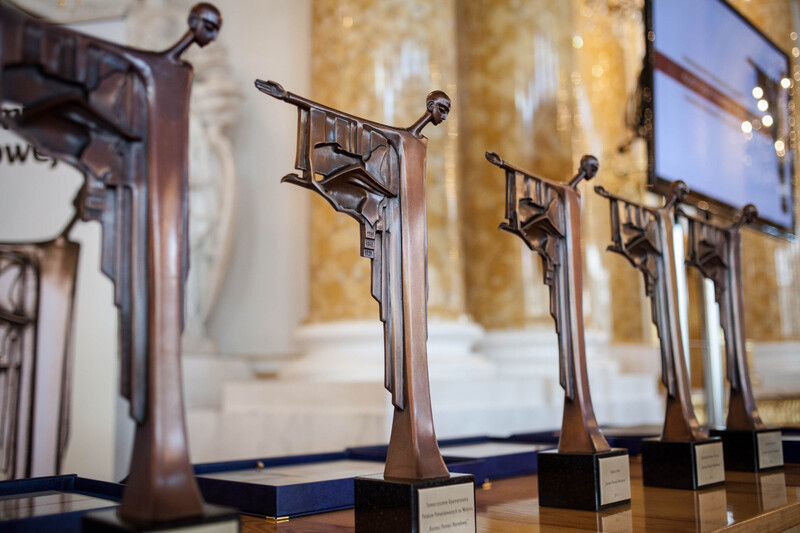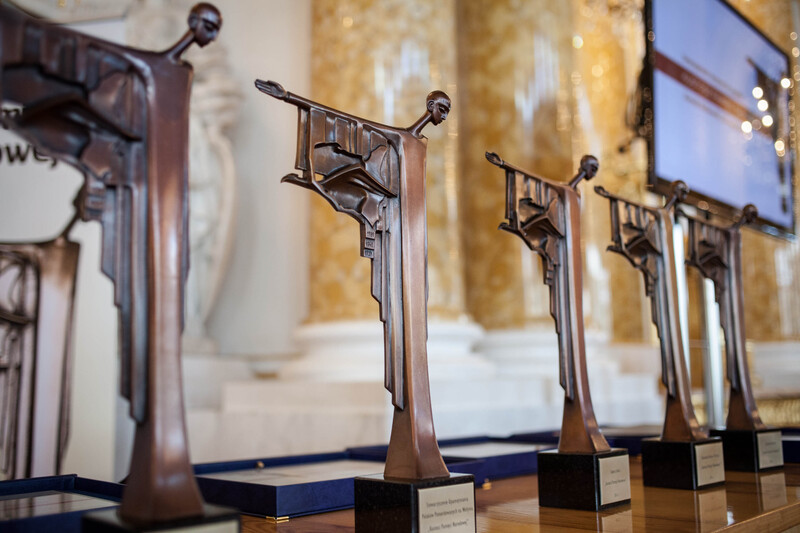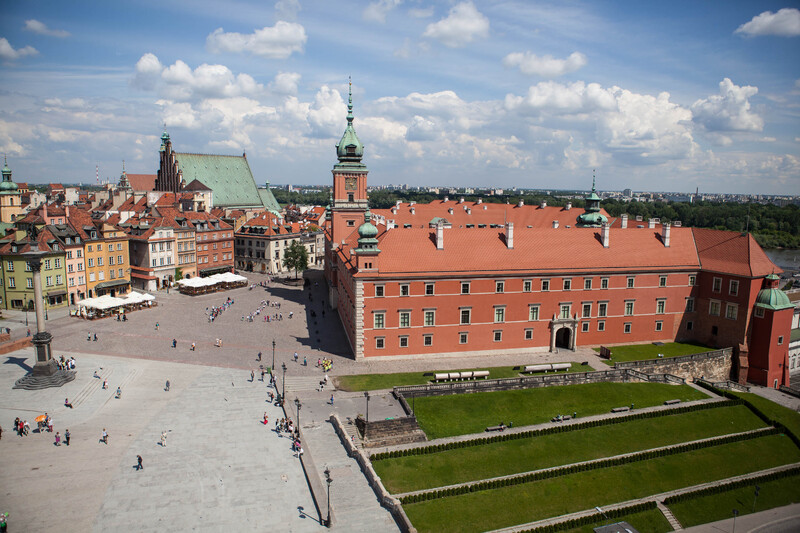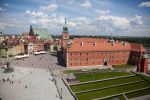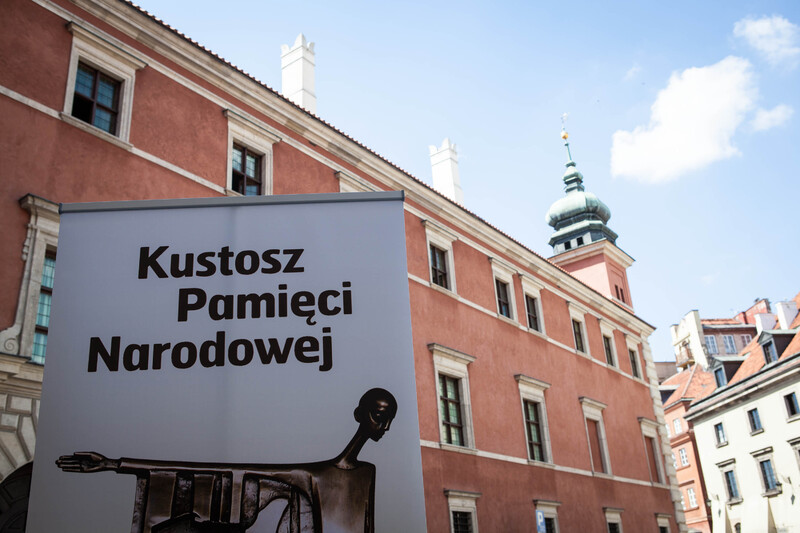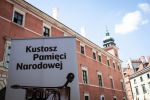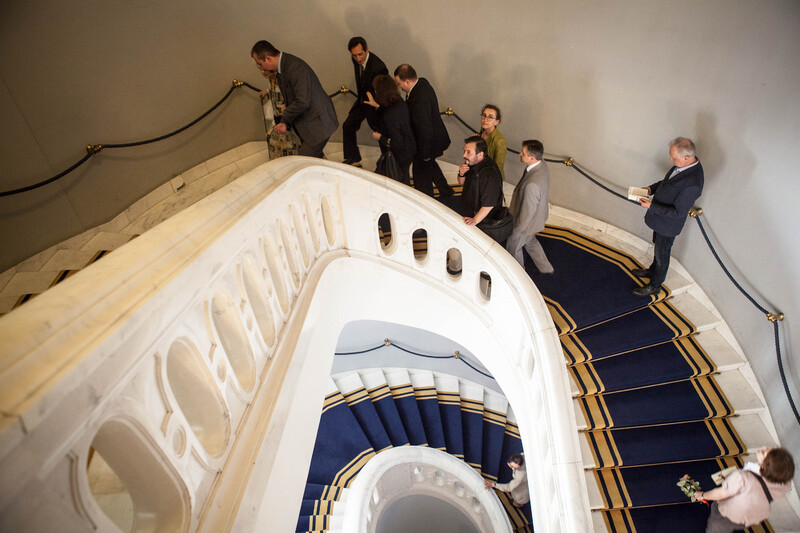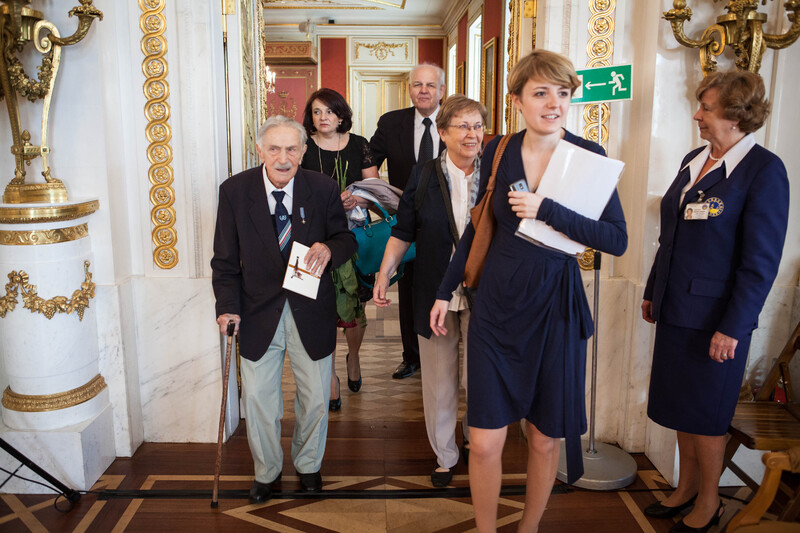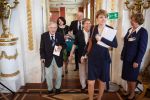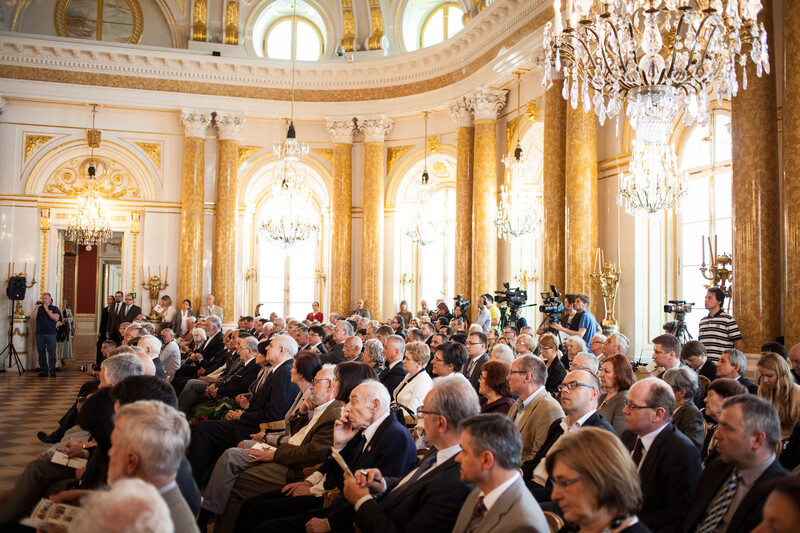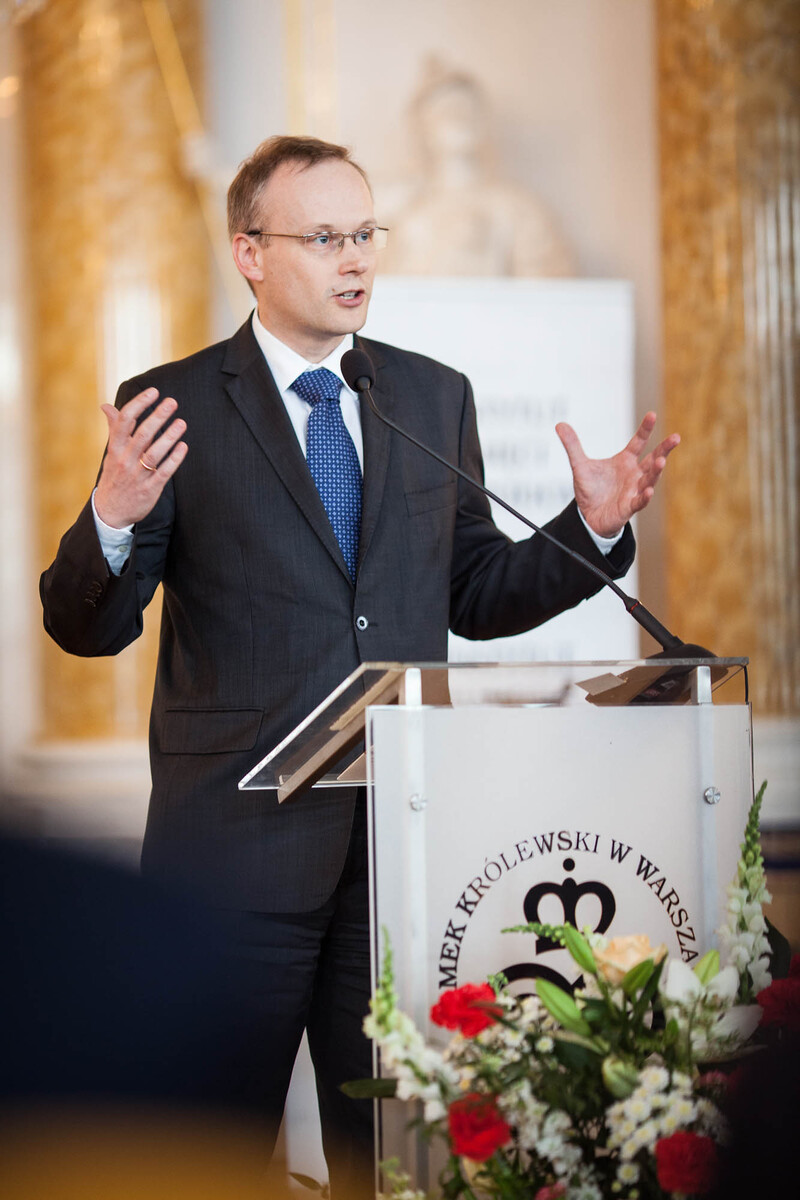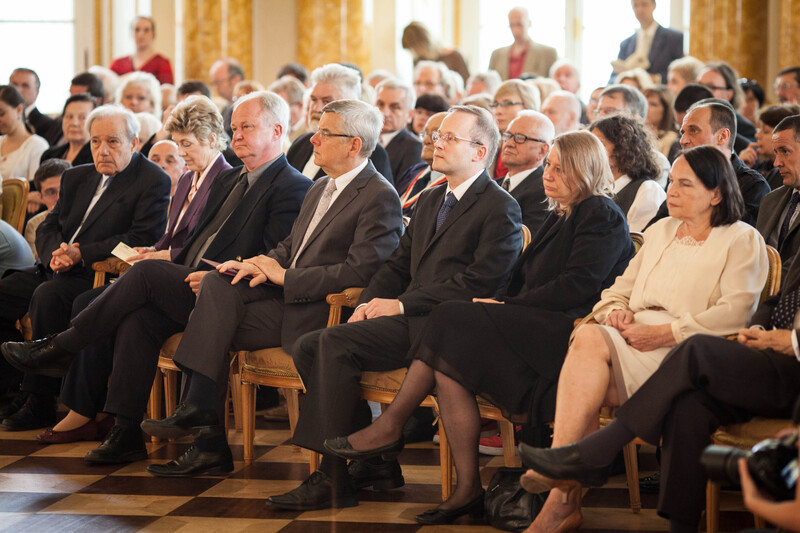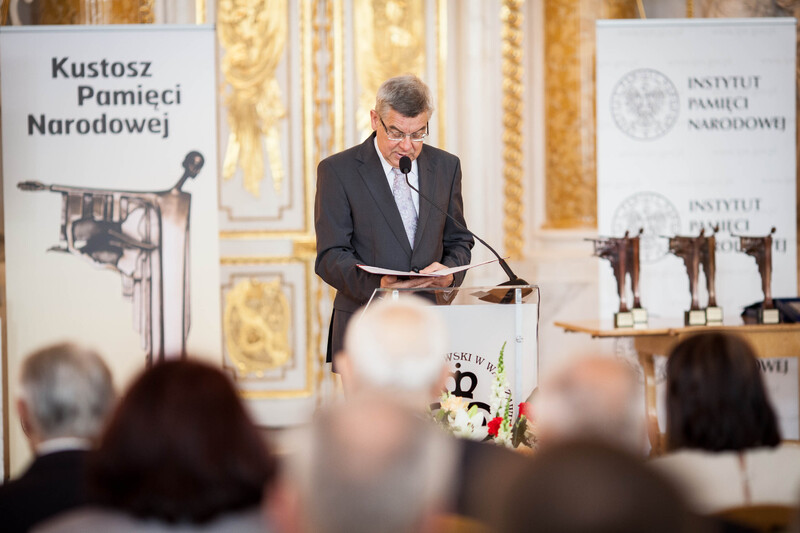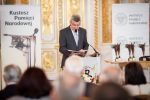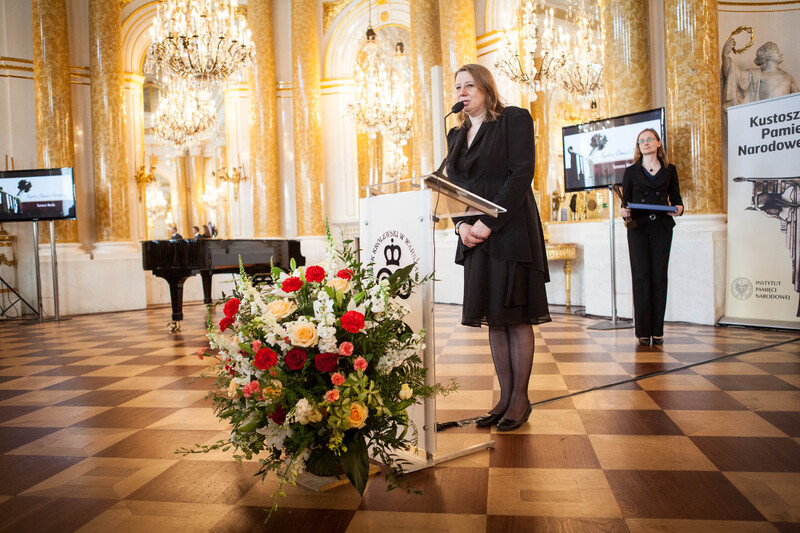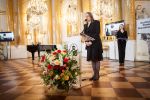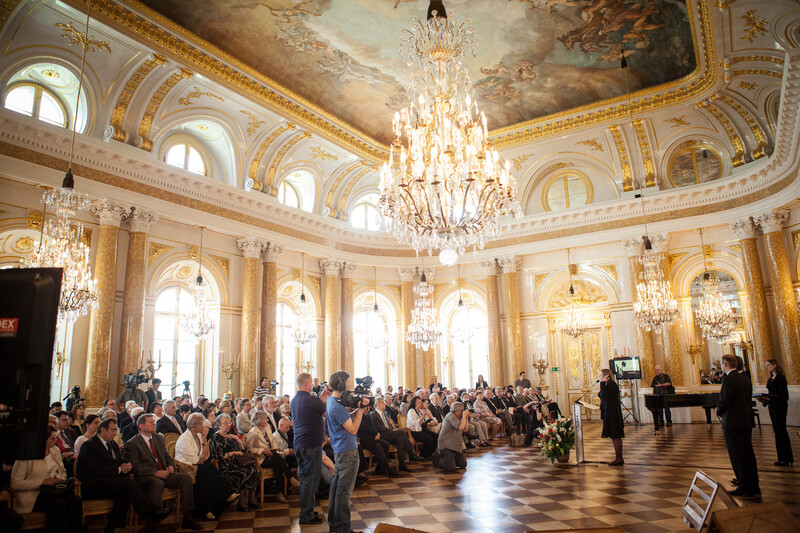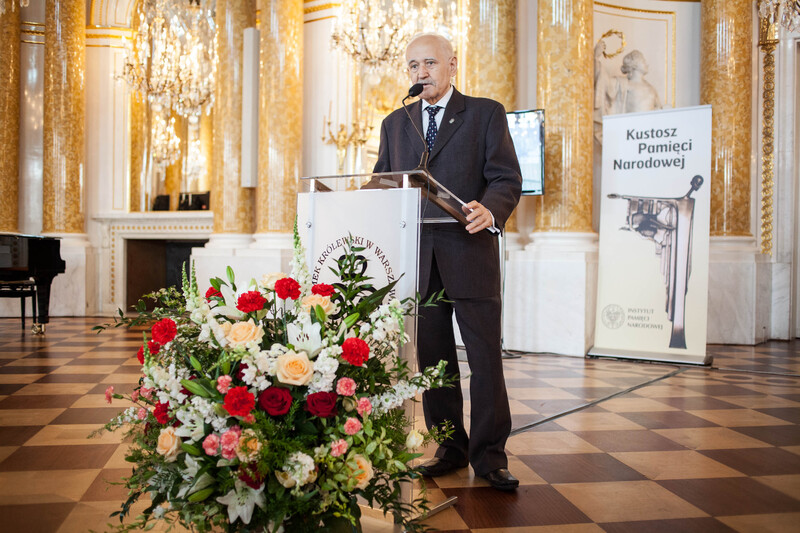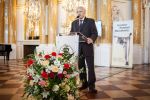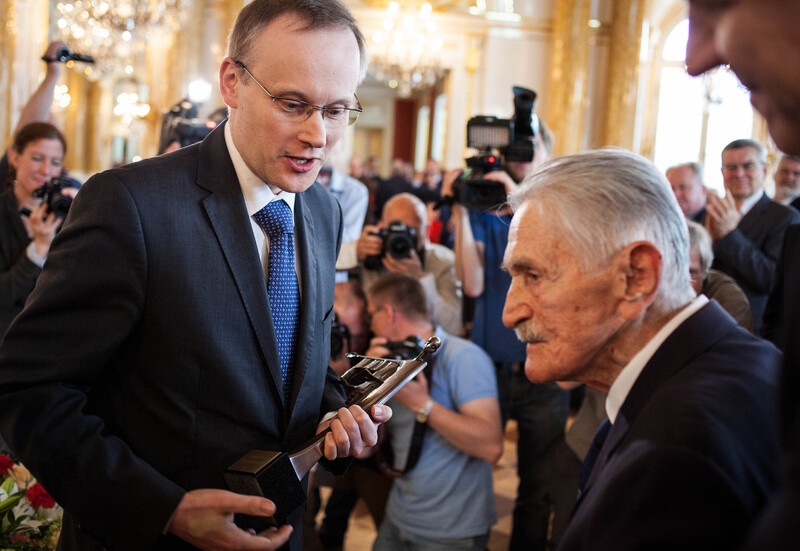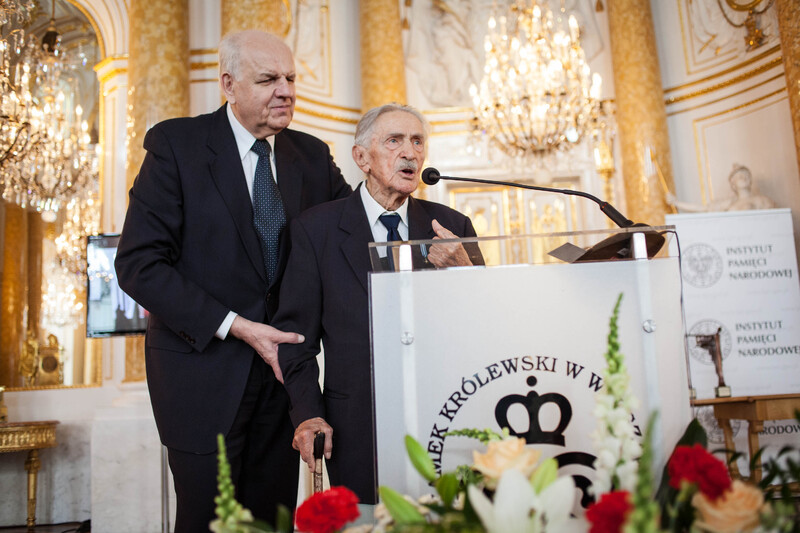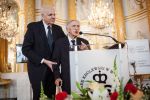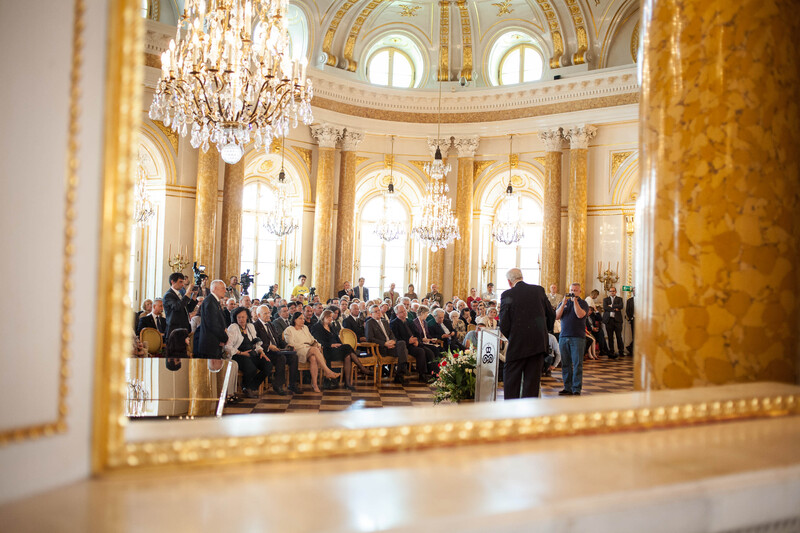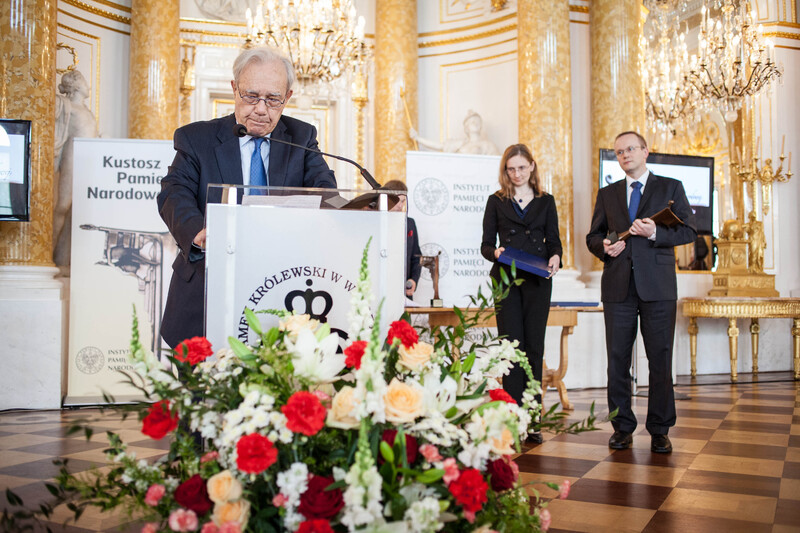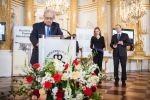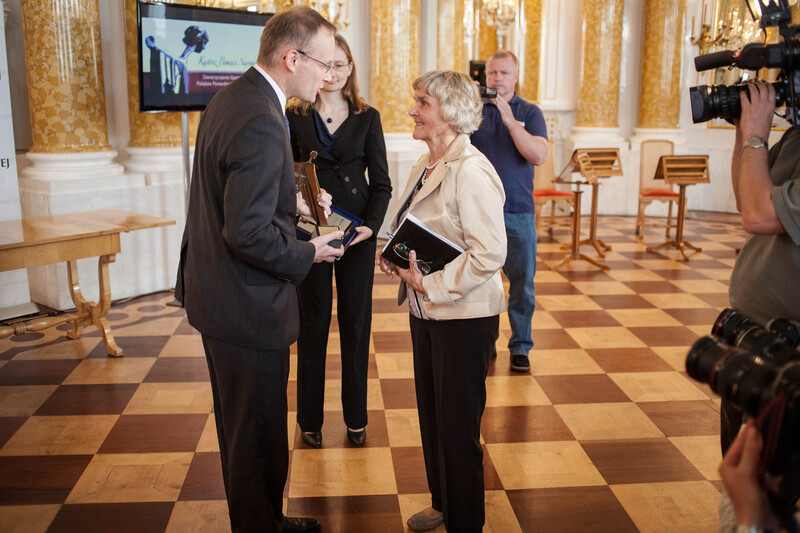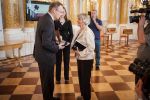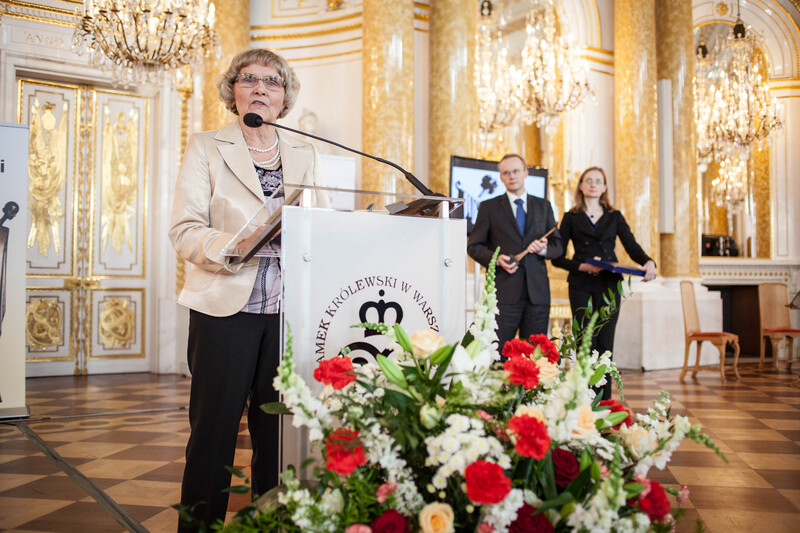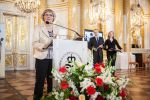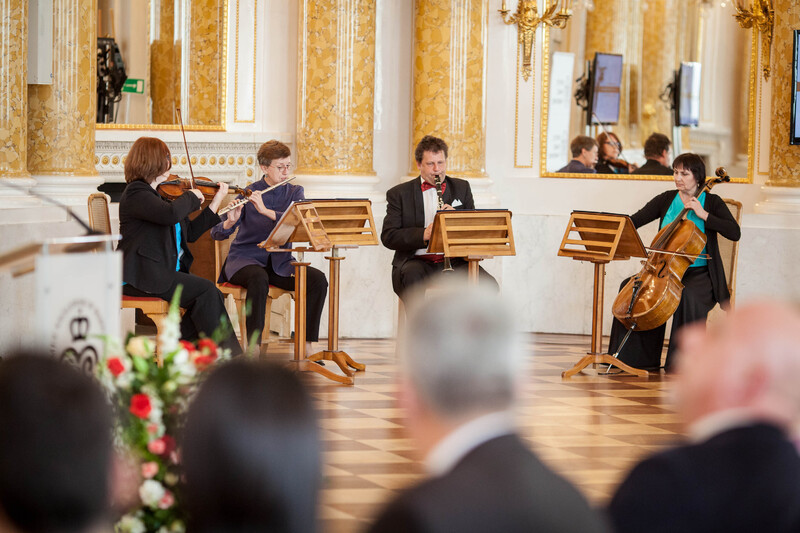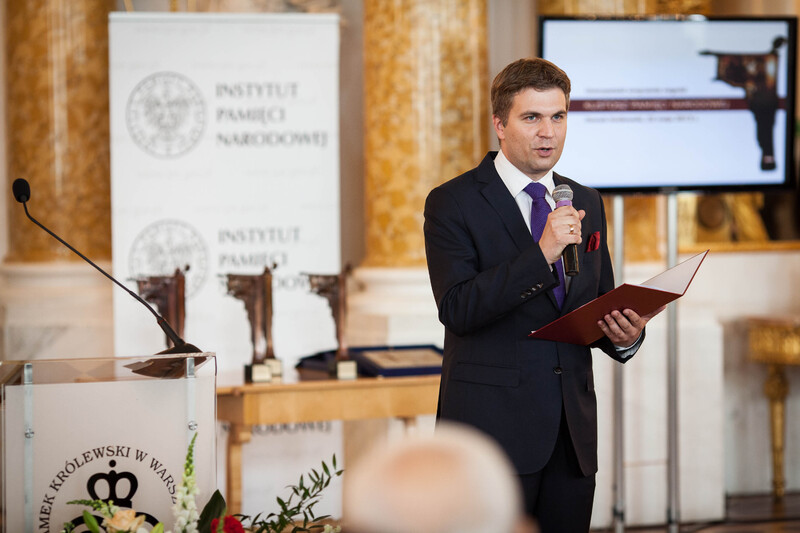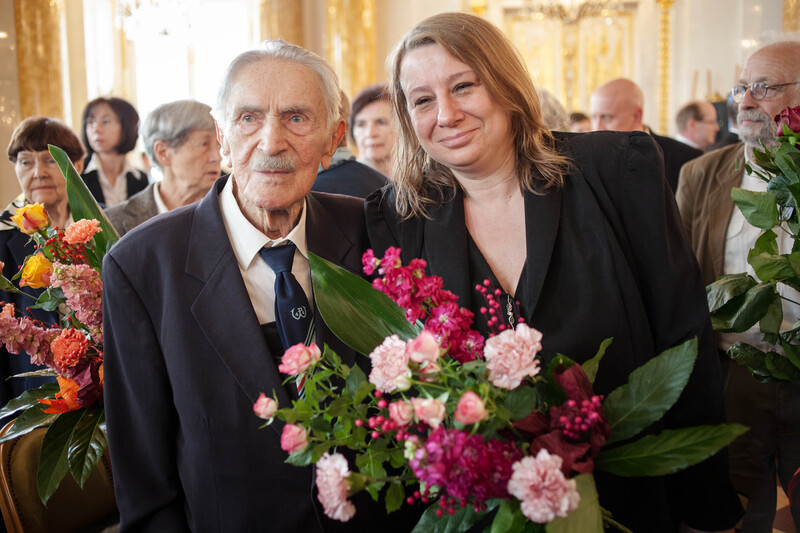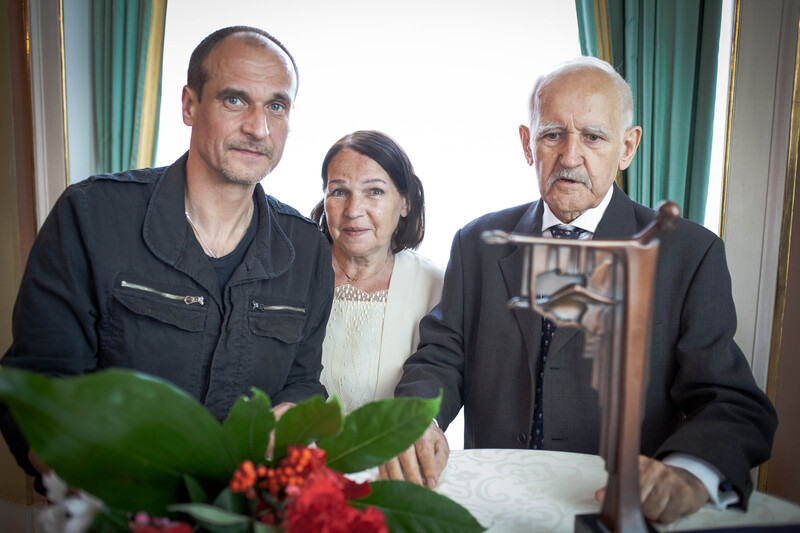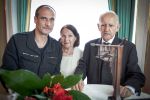| Event Name | The “Custodian of National Memory” Prizes were handed out, May 22, 2013 |
| Start Date | 27th May 2013 2:12pm |
| End Date | 27th May 2013 2:12pm |
| Duration | N/A |
| Description | There's no us without our heritage In the Wednesday afternoon of May 22, an award ceremony took place in the Warsaw's Royal Castle halls – the "Custodians of National Memory" were given. This year (and a 12th edition of the awards) the prizes were given to Tomasz Merta (+), Tadeusz Kukiz, Zdzisław Rachtan, Polish Library in Paris and the Association for the Remembrance of Poles Murdered in Volhynia. The ceremony was joined by the recipients of the award from the previous years, as well as scientists, veterans and journalists. Prof. Tomasz Nałęcz – an adviser to the President of the Republic of Poland read a letter from the President to the award recipients and the ceremony attendees. "Remembrance is a care that we have in common and no one is excused from the duty to care for it" – said the President of the IPN in his introduction to the ceremony. He has also underlined the input of the award recipients in keeping the memory constantly alive in the present. "The day of the awards is a very special day for the Institute – said dr. Kamiński – a day which will forever be linked and connected to its initiator – the former President of the IPN – Janusz Kurtyka, who perished in the Smolensk airplane catastrophe.
Tadeusz Kukiz shared the fate of thousands of Poles, who as a result of war lost their Homeland in the eastern territories of the Republic of Poland. After the war he'd found his spot in Niemodlin in the opolskie voivodship, where for the next several dozen years practiced medicine. The mission of his life – apart from curing the ill – cultivation of memory about the lost territories (Eastern Borderlands). What was his especially praised achievement – is the editing of the collection of Mary Mother of God art pieces, for which he has searched in the churches all over Poland. "I am especially grateful to my wife, who accompanied me in my trips around the country and who retyped mechanically all of my works" – said dr. Kukiz. "No one taught me patriotism, I was just raised like this" – said Zdzisław Rachtan, codename "Halny" ("mountain gale"), a soldier of the famous clandestine major Jan Piwnik "Ponury" ("grim"). Nearing his 90 year birthday, the former soldier of the Home Army was many years age the initiator for the funding of the shrine of Our Lady of Sorrows in Wykus – the first Polish monument dedicated to the Home Army. Wykus in the Świętokrzyskie mountains constituted a base for the Home Army soldiers. Zdzisław Rachtan, apart from the activity aimed at remembrance of the World War II period, also had contacts with the activists of the anticommunist opposition during PRL, namely the ROPCiO, KOR, KPN and Solidarity. The initiators of the nomination for Mr. Rachtan were the children – scouts from the ZHR (Republic of Poland's Scouts Union), which was acknowledged by the recipient with pride and emotion. "The heart of sovereign Poland was beating over there" – that is how the activity of the Polish Library in Paris was summarized by C. Pierre Zaleski – the President of the Historic-Literary Association in France. It was the sanctuary of Polishness, with which writers like Mickiewicz, Norwid, Słowacki and Krasiński were deeply connected to. The collection of the Library encompasses nearly quarter million publications, contains a collection of 30 thousand art pieces, a precious collection of handwritten manuscripts and diaries. Scientific sessions and conferences as well as concerts take place here – a place where newly issued publications on Polish history are also being printed. Chairman Janina Kalinowska accepted the award of the Custodian of National Memory on behalf of the Association for the Remembrance of Poles Murdered in Volhynia. "There is much sorrow in our hearts, as the investigation into the Volhynia crime is still unresolved" – said madam chairman. The Association placed 31 remembrance crosses in the places of genocide in Volhynia. "We go there, place flowers, light up candles, clean up the cementaries" – she said. The Association organizes yearly meets of the inhabitants of Volhynia and their families, as well as representatives of the Eastern Borderlands circles from all over Poland. Special care was and still is placed upon the Volhynia orphans – the people who as children were exposed to genocide committed on their families and the closest. |
News
27.05.2013
